If You Love ‘Barbie,’ Here Are 14 Movies To Watch Next
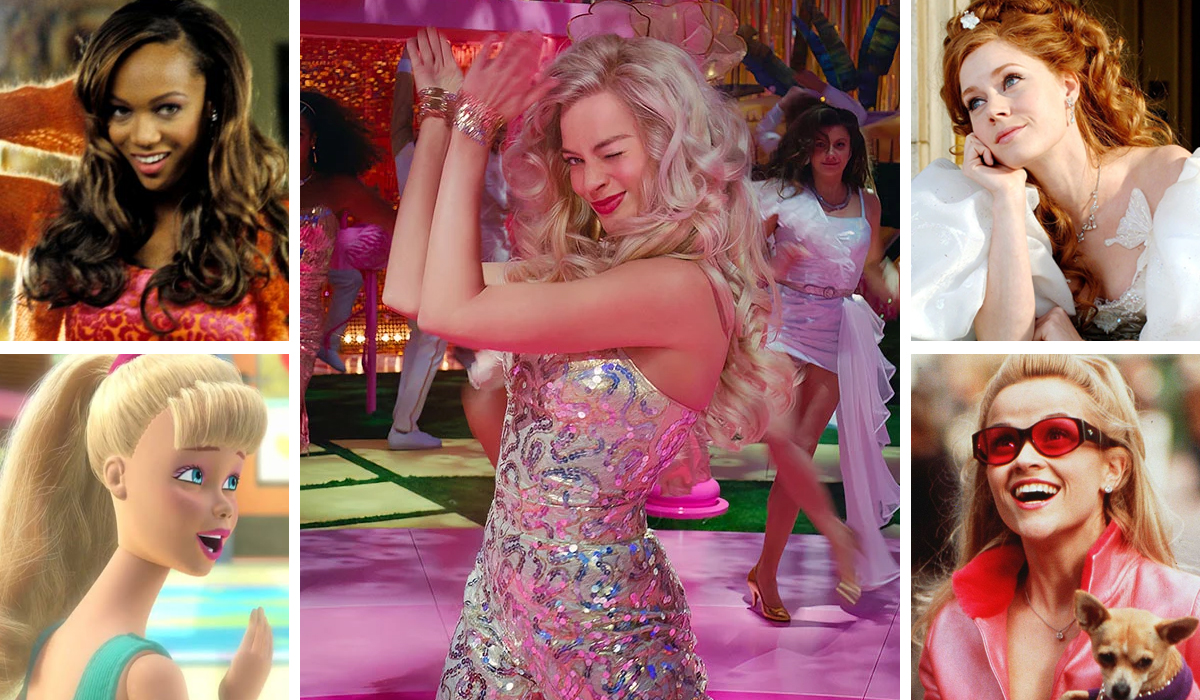
Barbie is an icon. She’s such an icon that it’s almost hard to believe that she hasn’t had a live-action movie until now. But there are many films that walked on flat feet so Barbie could walk on tippy toes. Here are 14 movies that offer similar experiences to watching Greta Gerwig’s Barbie.
Life-Size (2000)
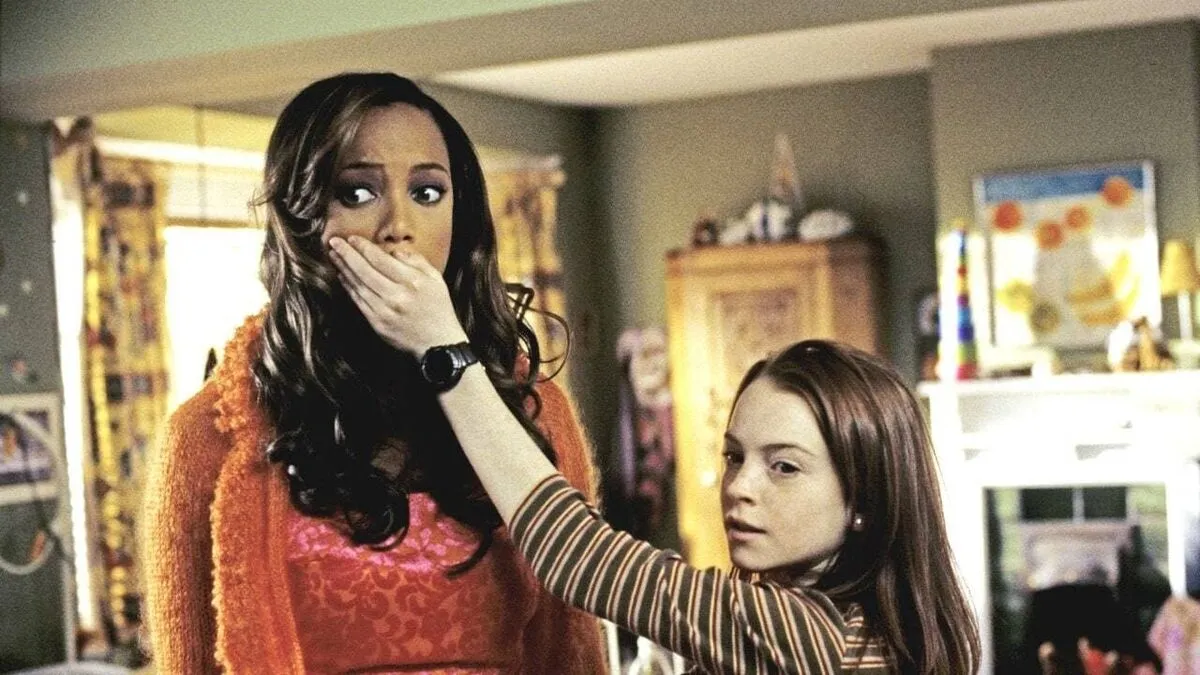
Life-Size was basically the Barbie movie before Barbie. Tyra Banks plays Eve, a doll who is brought to life and finds herself mentoring a tomboy (a young Lindsay Lohan) who recently lost her mom. The movie is a surprisingly apt critique of Barbie, specifically the issues with her being “perfect” and an “overachiever” to the point of parody.
13 Going on 30 (2004)
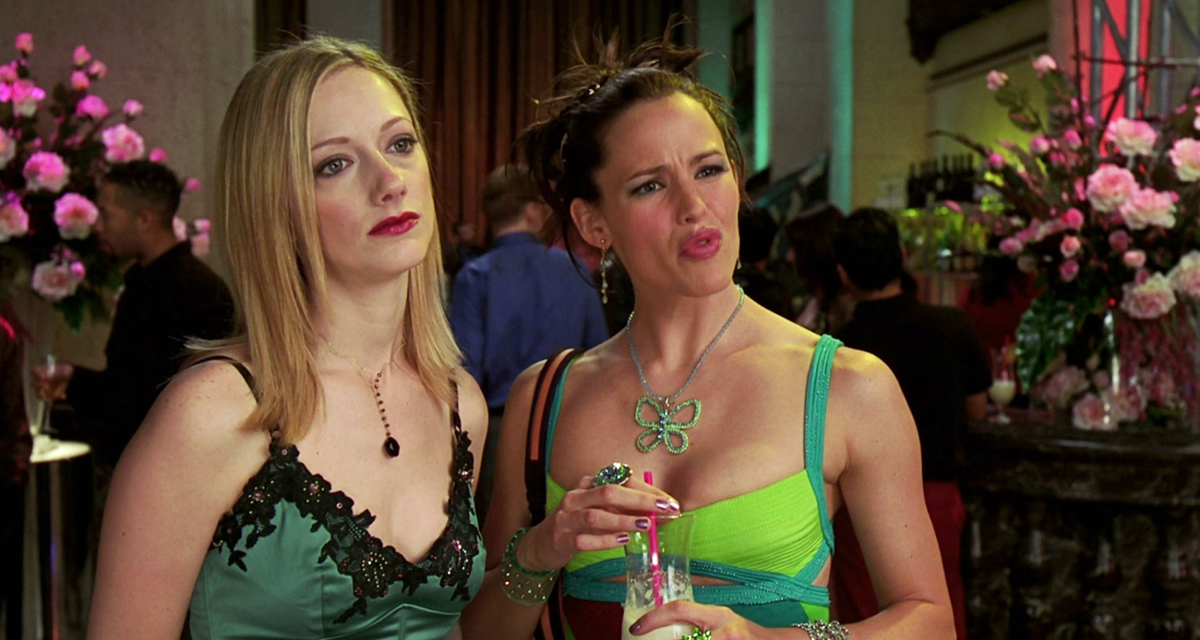
The Barbie movie is about girlhood, womanhood, and growing older, and for 2000s girls, 13 Going on 30 was the movie about growing up. When girls are young, it can sometimes feel like they can’t wait to grow up and get to do all of the fun things that adults do. Of course, 13 Going on 30 shows that reality isn’t as fun, but that our adult selves might learn something from our younger ones.
The Wizard of Oz
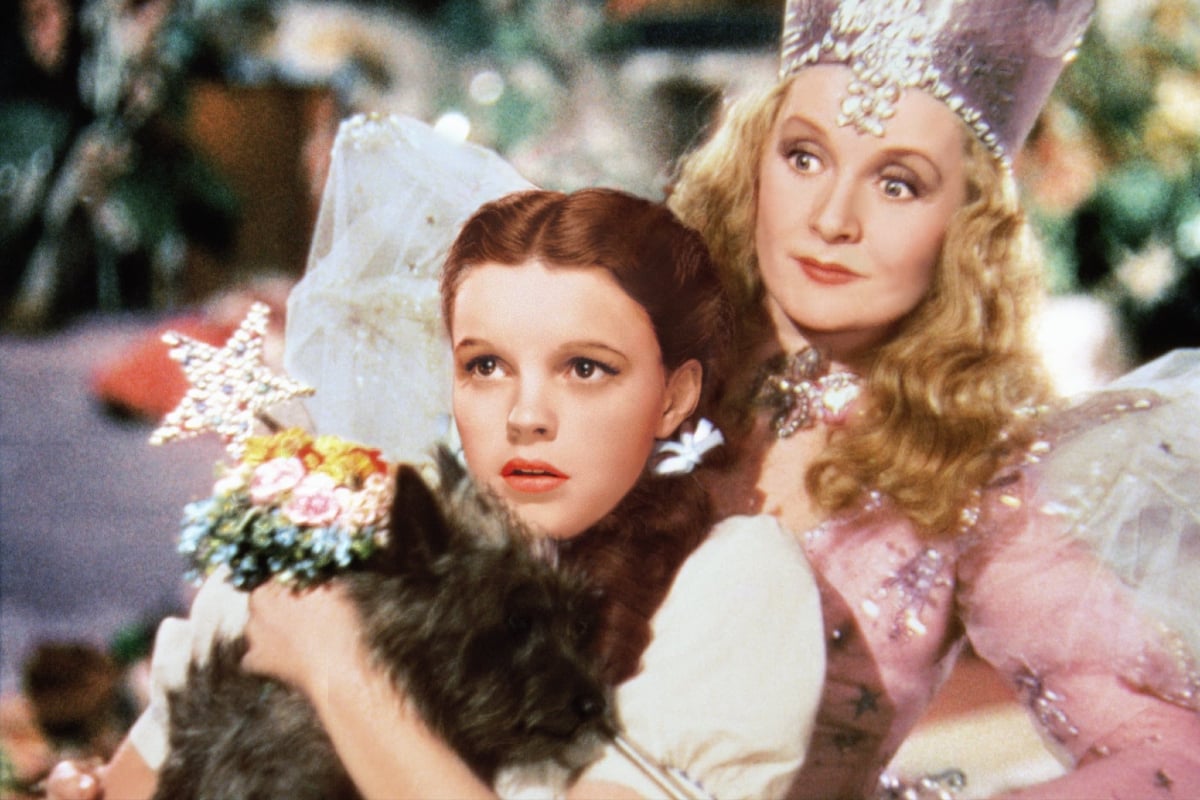
The Wizard of Oz is canonically the movie being shown in Barbieland theaters, making the connections between the films into text rather than subtext. Both are female-led movies about a woman taking a journey to another world and learning self-discovery/self-actualization and helping the people she meets along the way. Also, both films have amazing soundtracks. What more can you ask for?
Enchanted (2007)
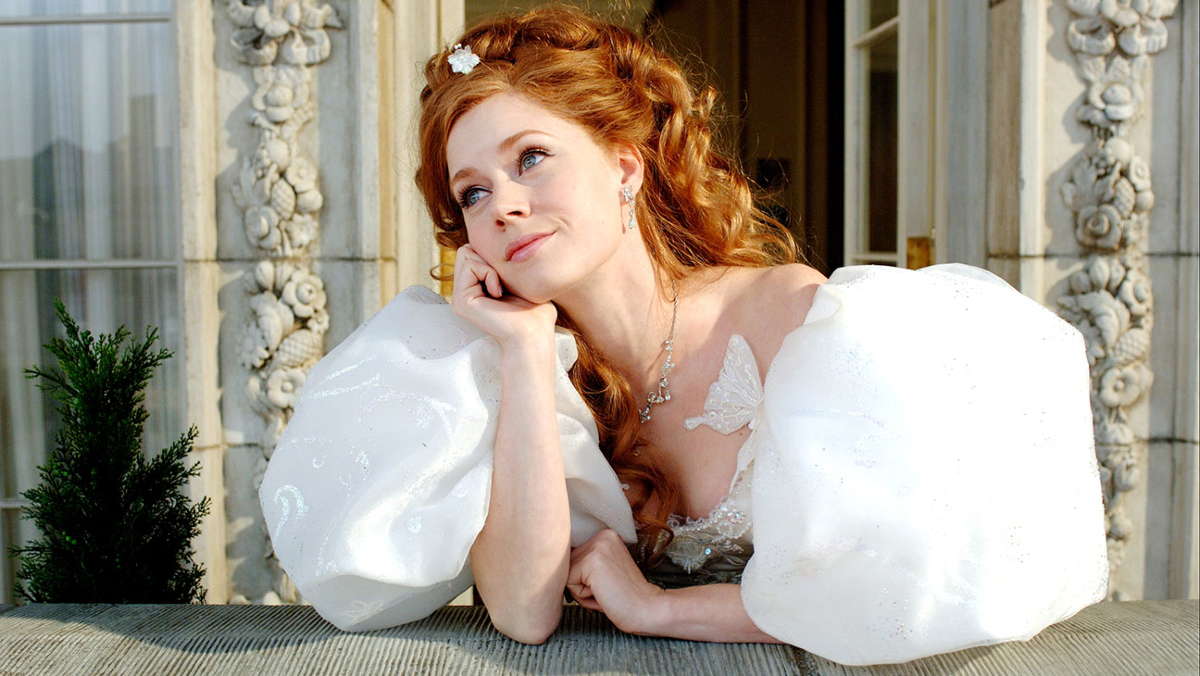
In a reversal of The Wizard of Oz, Enchanted is about a woman coming from a fantasy land into the real world, grappling with that real world, and ultimately deciding to stay and become her own, fully realized person. Honestly, Giselle is to Disney Princesses as Margot Robbie’s Barbie is to the toy; an affectionate parody and exploration of both the strengths and weaknesses of the archetype and how the character might grow beyond them. The scene in which Giselle gets angry for the first time is honestly underrated.
Wonder Woman (2017)
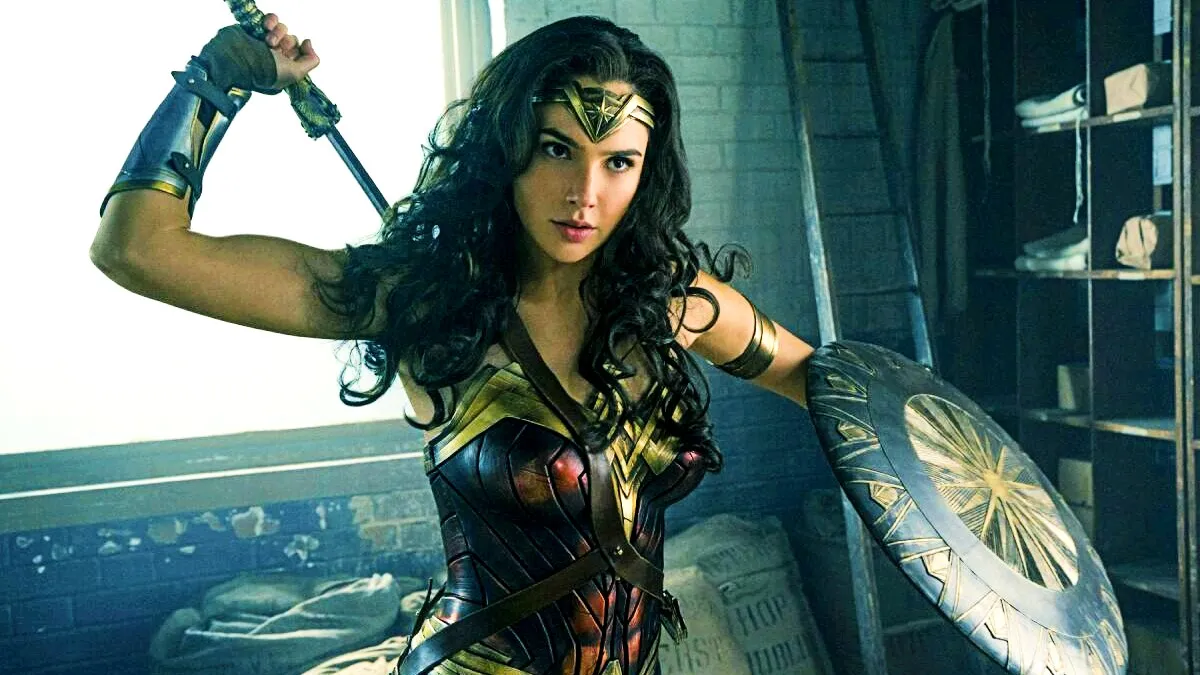
Like Barbie, Wonder Woman (Gal Gadot) comes from a world beyond the patriarchy and is thus a bit shocked when she finally leaves her home and enters ours. Still, she does her best to make the world a better place, inspiring many people as she does so. She’s also another female pop culture icon who’s had her share of controversy but remains a beacon of hope, positivity, and the power of femininity.
Toy Story
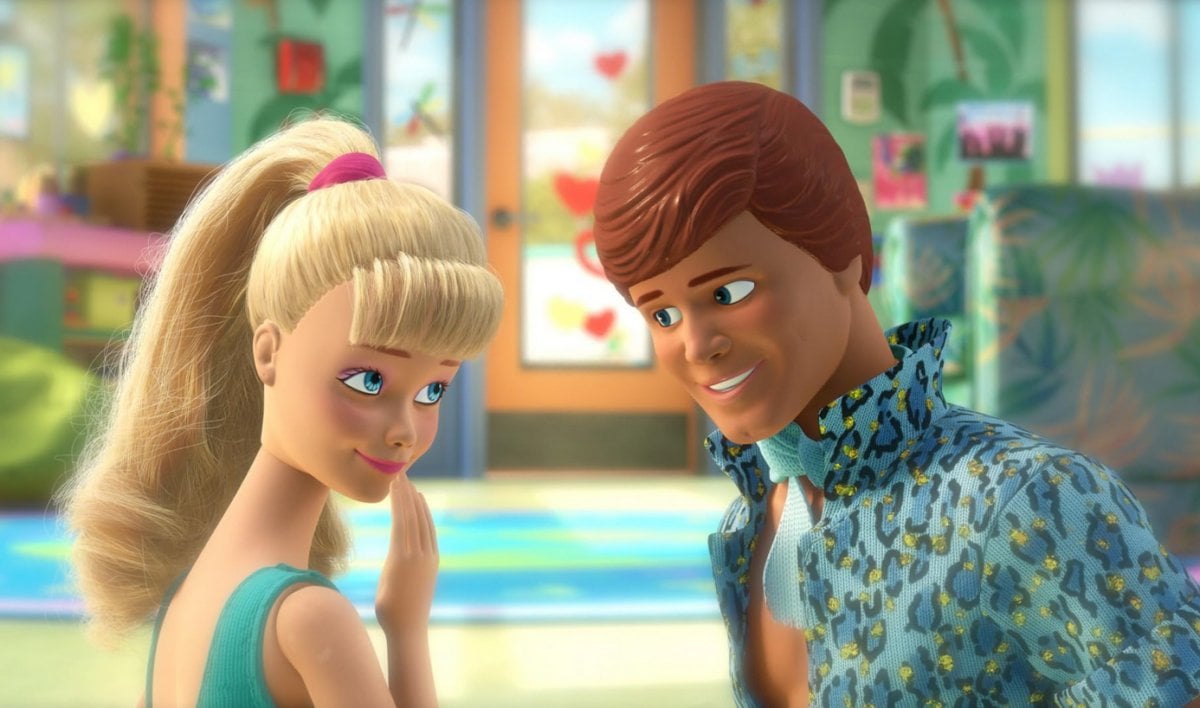
The whole Toy Story series works well, especially since the second and third films actually have Barbie as a character. The plot of the first movie—”toy realizes they are not who they think they are and has an existential crisis”—is basically the plot of Barbie. Toy Story 2 deals with the realities of aging and whether it’s better to be an immortal toy or to live in the moment. The third and fourth films are all about growing up and understanding that change is inevitable, even for near-immortal toys.
The Lego Movie 2: The Second Part
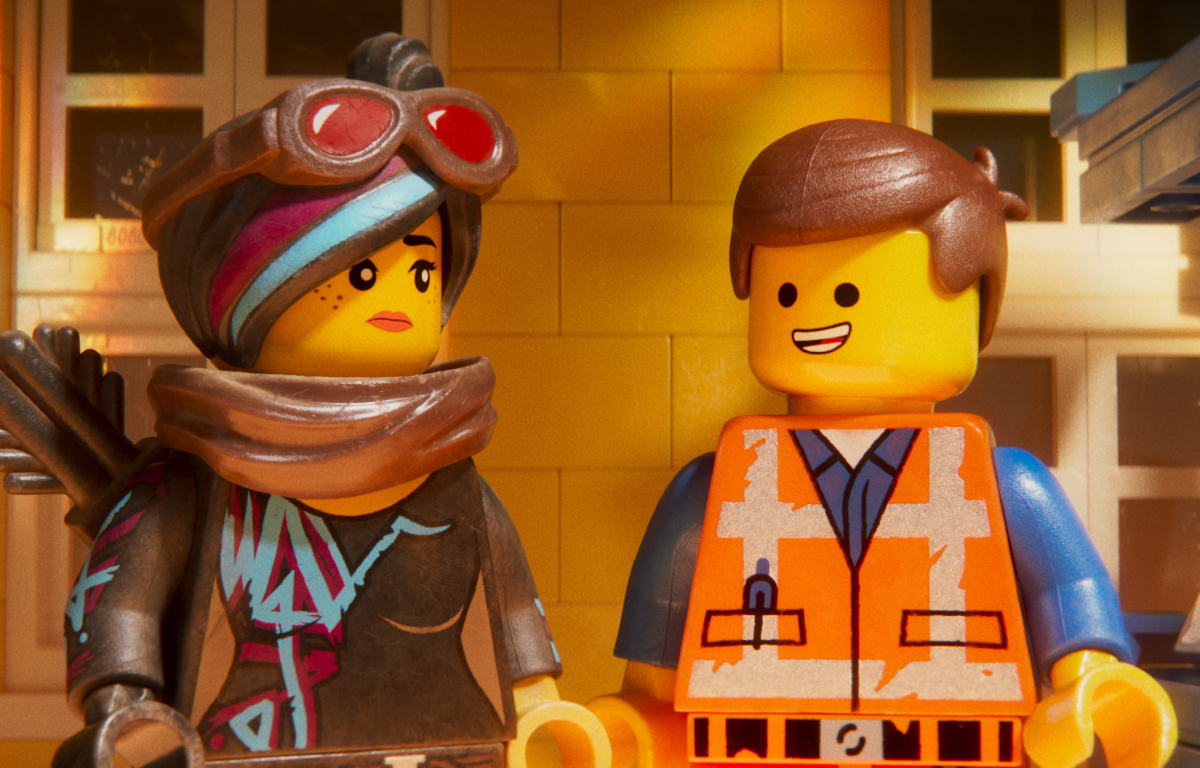
Like Barbie, both Lego movies are fun romps with a lot of META commentary (and Will Ferrell as somewhat of an antagonist). However, I want to highlight the underrated sequel, The Lego Movie 2: The Second Part, which has some surprisingly good analysis of toxic masculinity and the demonization of “feminine values.” At the same time, it notes how toxic positivity isn’t a great response either, and how sometimes you need to be sad and mourn before you get up and carry on.
Splash (1984)
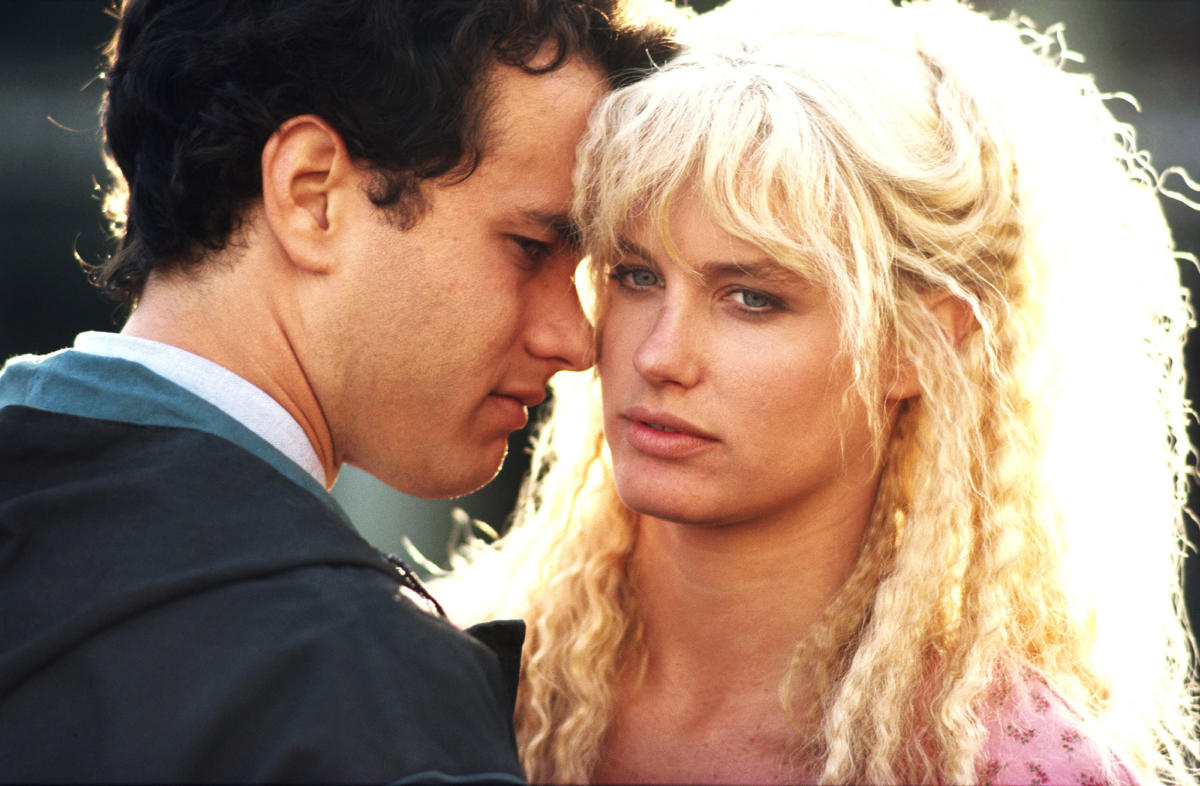
A literal fish-out-of-water story about a young mermaid learning about landlubbers, Splash is a fun throwback and arguably the originator of this plot type, directly leading to films like The Little Mermaid. While Barbie is unfamiliar with the real world, I personally would argue that Ken is more of a Madison type than Barbie was, which makes for a refreshing change.
Aquamarine (2006)
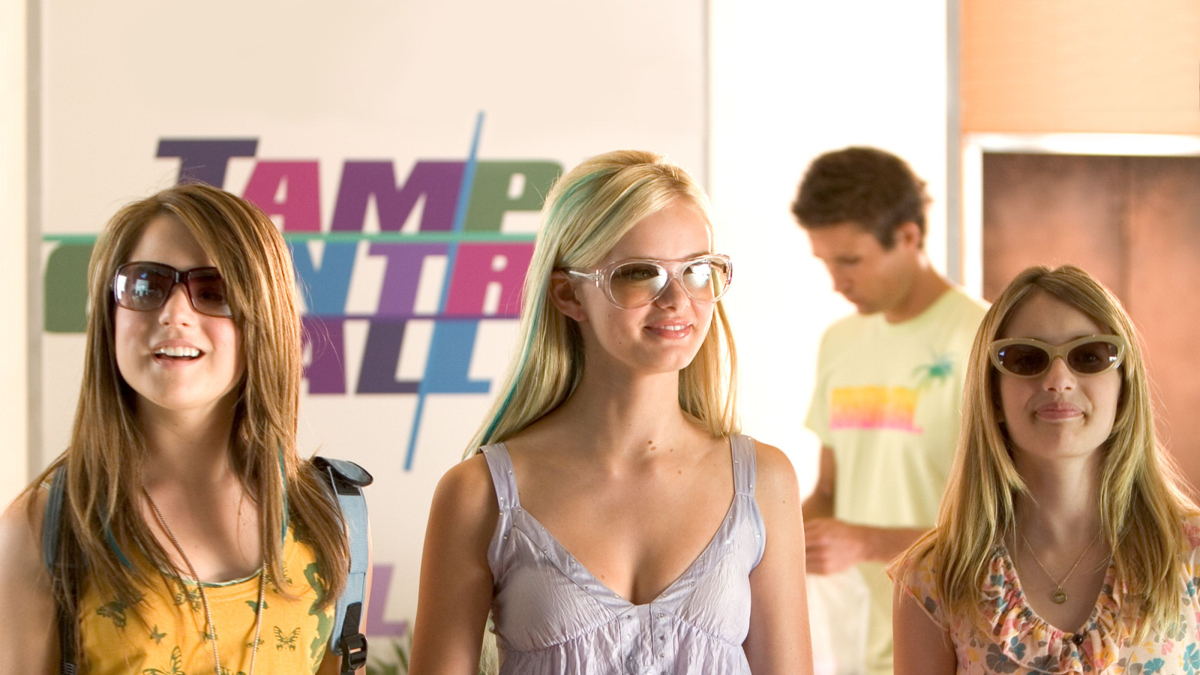
Aquamarine is basically Splash as a teen friendship comedy instead of a romcom, but it’s focus on female friendships. This movie was one of the first films to say that platonic love is also true love (long before Frozen, Maleficent, or even Once Upon a Time). Much like how America Ferrera’s character and her daughter were the heart of Barbie (2023), the friendship between the girls is the most important part of the story, as is acknowledging that though time and distance may separate them, their friendship is stronger than anything.
Legally Blonde (2001)
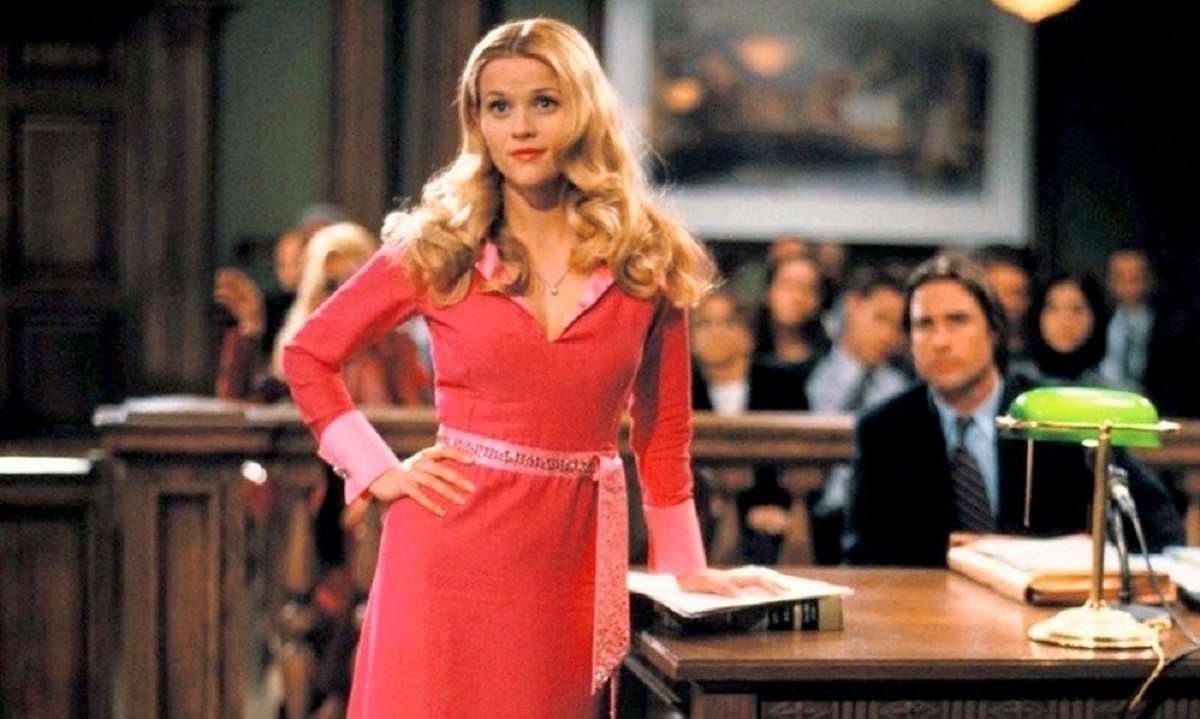
They literally make jokes about how Elle Woods is basically Malibu Barbie in Legally Blonde. But Elle takes it in stride and shows how there’s no “right” way to be a woman, and that just because women are pretty or feminine does not make them dumb or objects of ridicule. This “rom-com” even drops the romance halfway through once Elle realizes the guy she loves doesn’t respect her. We should all aspire to be like Elle.
Miss Congeniality (2000)
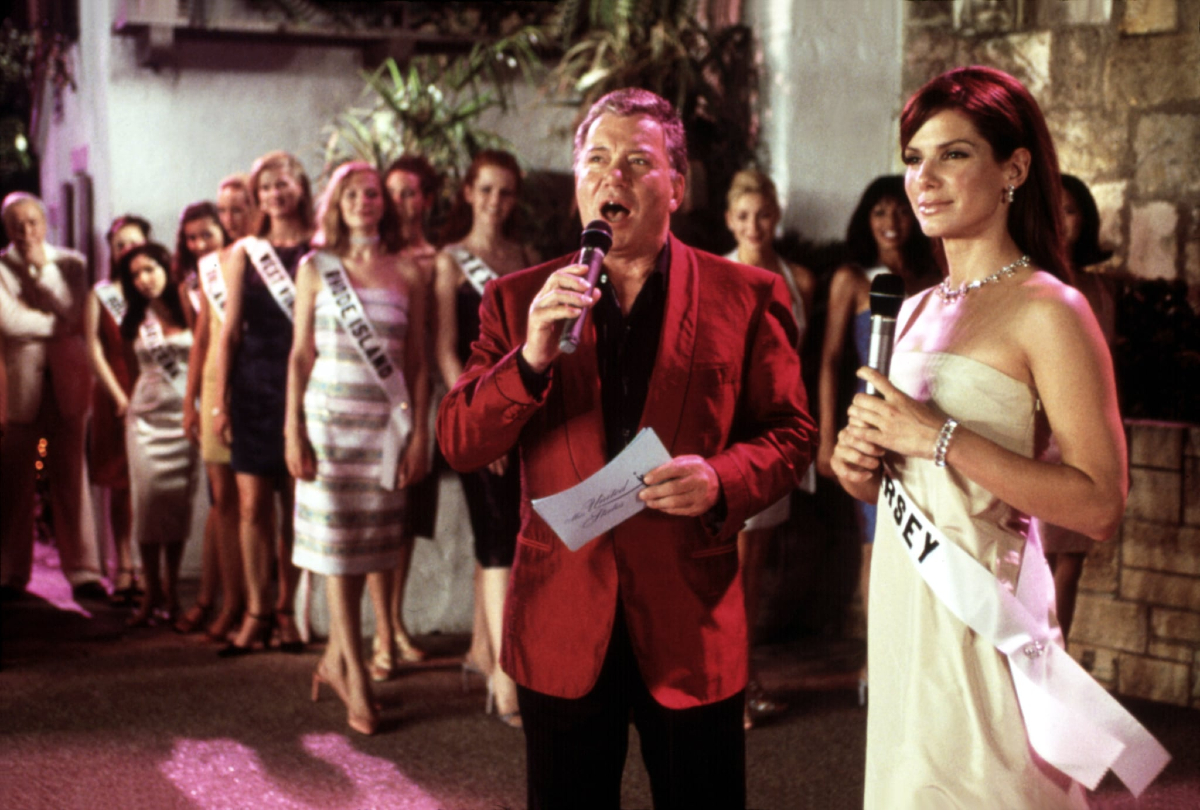
Miss Congeniality destroys the “not like other girls” trope, showing the power of female friendships and that just because a woman is hyper-feminine doesn’t mean she’s a stereotypical mean girl. The scene where the other girls help Sandra Bullock’s Gracie with her makeup stays with me. However, I will critique the film for its normalization of workplace harassment, with Gracie’s love interest being the “he teases you because he likes you” brand of misogynist.
Barbie animated films
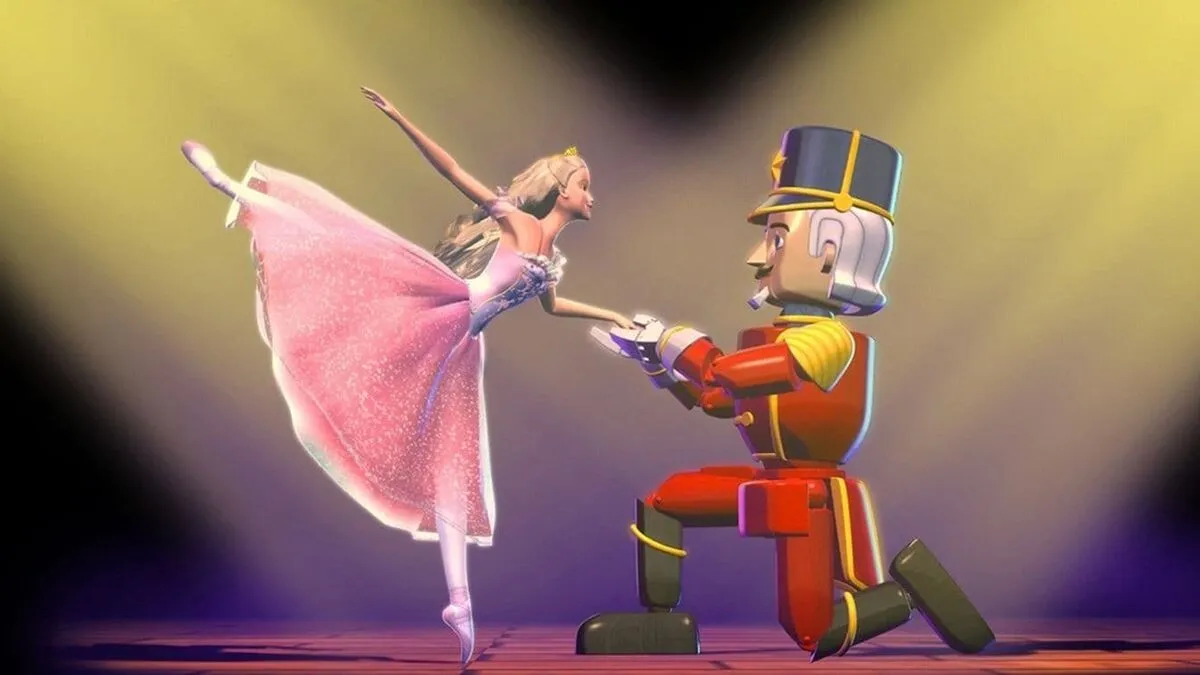
It’s a bit of low-hanging fruit, but the Barbie animated films feature many variations of Barbie over the past few decades. Chances are, if you were a Barbie girl during the 2000s, you watched at least one of the many direct-to-video films Mattel produced, and while most of them don’t really hold up, Barbie in The Princess and the Pauper is the best of the lot and still worth a watch.
The Matrix (1999)

Everyone’s already made the connection between the shoe choice scene and the red pill/blue pill scene from The Matrix, but there are other connections between the two films; a protagonist is set on a path to discover the real world and as such, grows to understand themselves.
Barbie also has some thematic similarities to Matrix: Resurrections, with both of the films featuring takedowns of incel propaganda and the patriarchy in general.
Coppélia
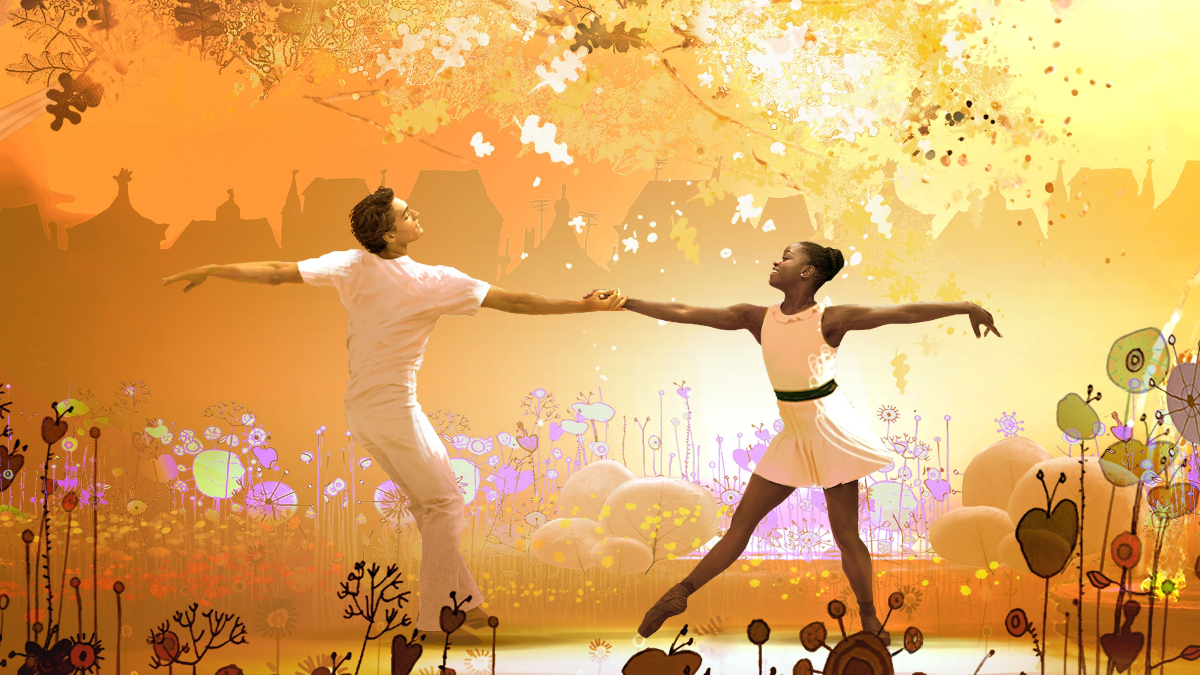
Technically, this is a ballet and not a film, but pro-shots of the ballet are available to watch, as well as a German film adaptation from 2021 that aired on PBS. Coppélia is loosely based on the short story The Sandman by E. T. A. Hoffman, though the ballet takes a much more comedic approach to the material. The story follows a young woman who believes her lover is pursuing another woman, only to find that the other woman is a lifelike doll.
(featured image: Walt Disney Studios Motion Pictures / Warner Bros.)
Have a tip we should know? [email protected]
